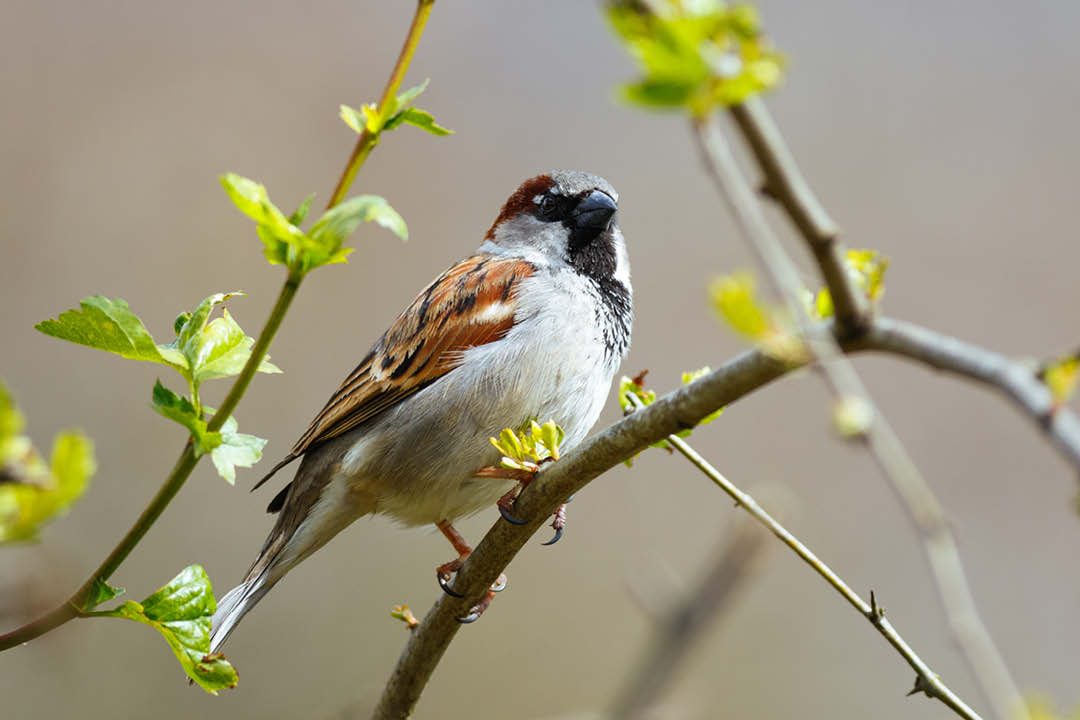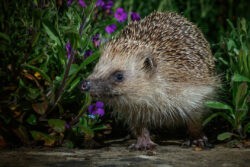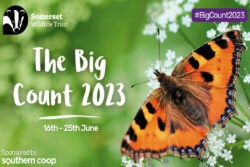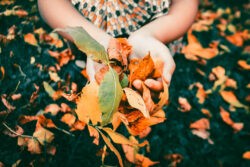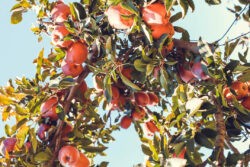Imagine no bird song, no sight of busy birds building nests, feeding their young, or splashing in a small puddle.
Our bird population is experiencing a rapid decline…there has been an 89% drop in numbers since 1967, and previously common birds such as sparrows, chaffinches, starlings, skylarks, thrushes, yellowhammers are all on the red list for decline.
We have lost over 69% of house sparrows since 1970!
WHY IS THIS HAPPENING?
*Farming practices, such as grubbing out hedges, ploughing to the very edge of fields, increasing use of pesticides…no insects …no birds.
*Building of houses and roads and loss of green space.
*Places to shelter and nest is another factor…. we take the land to build on but fail to understand the then even greater need to grow hedges, trees, dense shrubs and bushes, so birds have shelter and safe places to nest.
*More people about, more domestic cats, disturbance of birds generally…
DOES IT MATTER?
What do birds really do for us?
* Birds control insect pests…a single breeding pair of bluetits with up to 10 fledglings need to catch about 10,000 small green caterpillars during the time the babies are in the nest (around 3 weeks).
One brilliant pest control agent!
They protect our crops, our trees and our gardens.
Birds eat our aphids, ticks, beetles, mosquitoes, mice, slugs and snails.
Birds act as a vital suppressor of insect pests, a critical part of our eco structure.
The larger birds will take a mouse, and owls are masters of mice control!
They may well eat 2 to 3 mice a night.
* Birds eat seeds, so control our weed population.
*Plant food. Bird droppings fertilize the soil.
* Health. Bird song is known to reduce stress and blood pressure.
CAN WE HELP THEM…? YES!
*Plant shrubs, trees and hedges, to provide shelter, insect food, and nesting sites. Rowan and crab apple trees, cotoneasters, honeysuckle, holly, sunflowers to name but a few that provide berries and seeds.
*Never trim hedges between March 1st to September 1st. It is illegal to disturb nesting birds, their eggs or young.
*Avoid covering your garden with decking or gravel. No bird ever found its breakfast worm in our decking!
*Put up nesting boxes, at over 5 to 15 feet up, not in strong sun or wind.
*Leave out shallow dishes of water for the birds to bathe in…it helps to keep feathers clean and so enables birds to fly well. Keep the water clean, never more than 2 inches deep, and with a stable stone in the water for a bird to stand on.
*Avoid all insecticides
* You can provide suitable food, but be consistent, birds become reliant on our easy meals…some will even wait at the set time for you to come…but do ensure it is not close to bushes that cats can hide in!
Our reward…. insect and mouse control …yes, but find me the person who doesn’t love the sight and sound of birds
